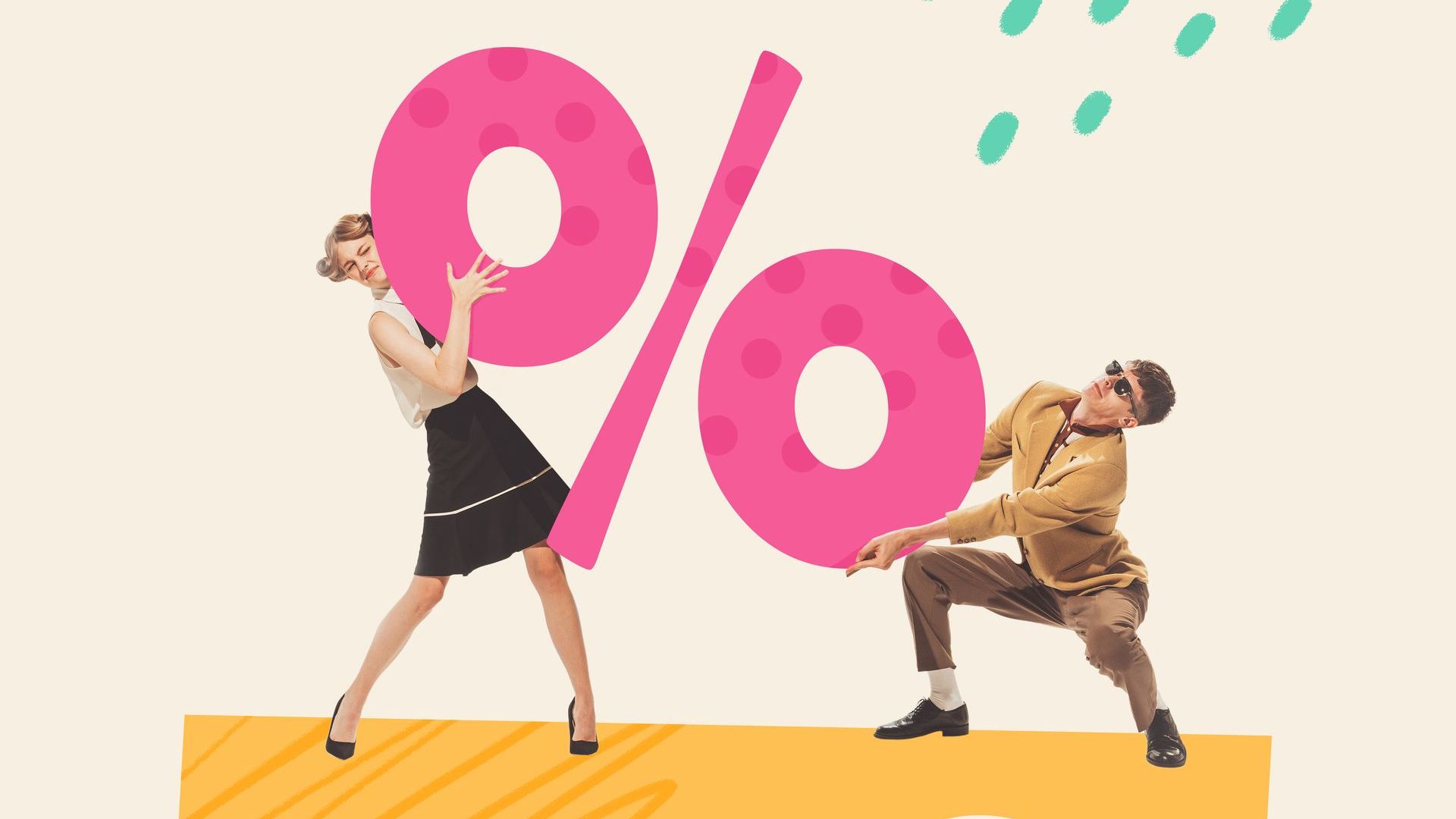Whoop! You made it past Black Friday – here’s how to never need this dark discount day ever again…
In our last post, we gave you 5 reasons to say no to the darkness that is Black Friday discounting, especially if you are a small business. But what if this all feels a bit terrifying, especially when you check your emails, and it feels like the entire world IS doing Black Friday? Well, here is our guide to a few things you can start working on NOW, to make sure you never get FOMO about Black Friday ever again!
Know your value
By this, we mean that you need to understand why customers choose you over your competitors – coffee is a great example here – there are literally hundreds of places you can buy coffee these days, but if you asked most shoppers, they won’t cite the coffee as being the reason they go to Costa, Starbucks, Greggs or the independent cafe, anywhere near as often as you think. It will be the atmosphere, the must-have seasonal mug design, the free Wi-Fi or the price. So, understanding what you offer customers that is different to your competitors, will set you on a path that makes it hard for competitors to replicate what you offer, and easy for you never to have to compete with them on price again.
Quality beats quantity. Always.
When it comes to being able to hold your price, it’s quality you need to focus on, to avoid the Black Friday blues. Where can you make the experience you offer great quality, or are there things you can do to enhance your product quality, so people understand that when they pay for your service, they’re getting a quality that they won’t get elsewhere?
Be true to your values
You don’t have to join in with Black Friday, just because the rest of the world is doing it, and it’s okay to let your customers know why that is – if being sustainable is part of what you are all about, then let customers know! Providing that what you’re saying matches up with the perceptions your customers have about you, then it’s a good thing to be honest about stuff like this – it helps customers understand that you’re authentic, and this, in turn, will help to make your brand strong in the long run. And what’s the result of a strong brand? No need to discount – ever (if you don’t believe us here, just have a think about the last time you saw Apple advertise any discounts…)!

Prioritise adding value
If you can’t bear the thought of just doing nothing for black Friday, then consider doing it a different way – don’t offer a discount but give customers something extra – perhaps a cross-sell, or something which would then be a regular upsell opportunity. Amazon is a great example of a company that did this back in 2005 by offering next-day delivery as standard with its Prime membership. Then came some Kindle titles, music streaming, photo storage etc. all as part of the fee. Not only did each additional service attract different types of customers, but when Amazon raised the price of Prime to £95, most subscribers would have been so entrenched in all the services offered, that they would have just swallowed the increase. A great example of customers paying full price upfront, understanding the value they receive and then accepting an even higher price later down the line.
Hold your nerve
Our final tip when you are trying to ditch the darkness of black Friday is this – hold your nerve! Yes, it can feel scary, but the second you get caught up in discounting and cutting your prices, you are starting to erode the value of your brand and from there, it’s basically a race to the bottom. So don’t worry about the one-day of discounting, focussing instead on building a great brand and rapport with customers for the other 364 days of the year.
New Paragraph
A little more reading.





